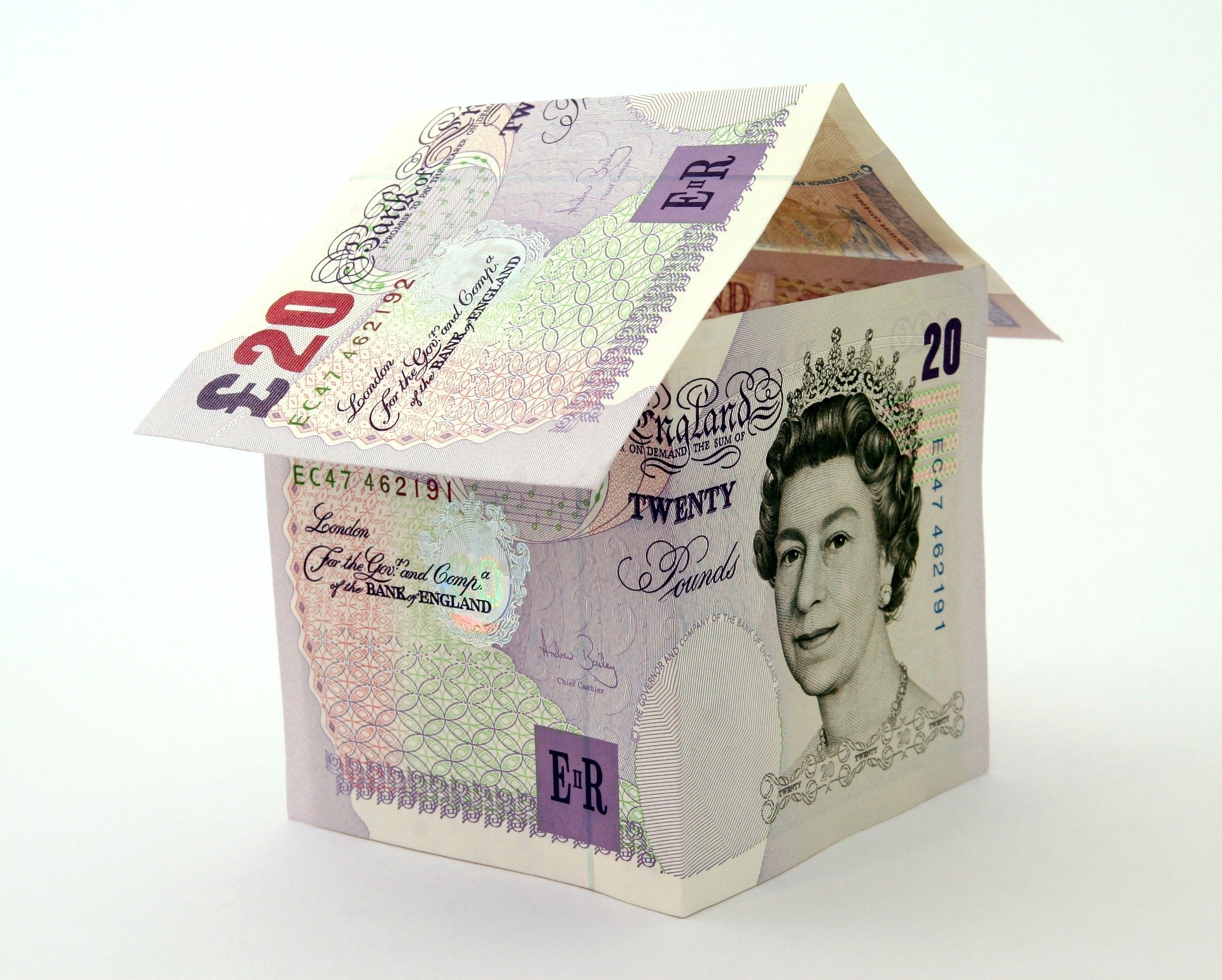BLOG
Selling a property post death- Is there a capital gains tax charge?

For capital gains tax purposes, there is a tax-free uplift to the market value at the date of death, irrespective of whether any inheritance tax is payable at the estate. This effectively resets the base value for capital gains tax purposes going forward.
Many estates include a property, whether a main home, or investment properties as well. Where these are sold post death, the issue of whether a capital gains tax liability arises will need to be considered.
Who is selling?
Where a property that forms part of the deceased’s estate is to be sold, the outcome is different depending on whether the executors or administrators are selling the property, for example, to realise cash to distribute to the beneficiaries, or whether legal title has been transferred to the beneficiary/beneficiaries, who have decided to sell.
Sale by executor or personal representative
Where a property is sold by the executor or personal representative following the deceased death, the estate will be liable for any capital gains tax.
Executors collectively are entitled to a single annual exempt amount for disposals in the tax year in which death occurred and the two following tax years. After this, there is no annual exempt amount to mitigate any capital gain. Any chargeable gain on a residential property (after deducting any available annual exempt amount) is charged at the higher residential rate of 28%.
Chargeable gains on residential property must be notified to HMRC within 30 days of completion. The associated capital gains tax should be paid in the same time frame.
What about the main residence exemption?
In certain situations, a post-death disposal by the personal representatives may benefit from the main residence exemption. This is the case where:
- immediately before and immediately after the death of the deceased, one or more individuals occupied the property as their only or main residence;
- the individual or individuals is/are entitled to at least 75% of the net sale proceeds or to an interest in possession of 75% or more of the net sale proceeds; and
- the personal representatives makes a claim for private residence relief.
A claim may be possible where, say, a property is owned by a married couple as tenants in common, each with a 50% share. The husband dies, leaving 70% of his share to his wife and 30% of his share to his daughter. On sale by the executors following his death, the deceased’s spouse is entitled to 85% of the net sale proceeds and the deceased’s daughter to 15%. As the property has been the wife’s main residence before and after the deceased death, the personal representatives can claim the main residence exemption.
Sale by the beneficiary
If legal title to the property is transferred to the beneficiary or beneficiaries following the deceased’s death, their base cost for capital gains tax purposes is the market value at the date of death. If they subsequently sell the property and it is not their main residence, a chargeable gain will arise. They will benefit from their own annual exempts amount to the extent not used elsewhere, and any available capital losses. The gain will be charged at the appropriate residential rate – 18% or 28%. The gain must be reported to HMRC within 30 days and the tax paid within this window.
If the property is occupied after the deceased’s death as the beneficiary’s main residence, they will benefit from the main residence exemption when the property is sold.
Planning a sale
Where a property is included within the estate, and the plan is to sell that property, consideration should be given to whether it should be sold by the personal representatives or the beneficiaries, and if a capital gain is likely to be realised, what will achieve the best outcome.
Get in touch
Get in touch with us today to find out how we can help keep you compliant, and benefit from our expert advice. Give our Business Development Manager a call on (0121) 295 8884, or email charlie.sangha@informaccounting.co.uk.




.jpg?width=1500&height=1000&name=amy-hirschi-K0c8ko3e6AA-unsplash-(5).jpg)

